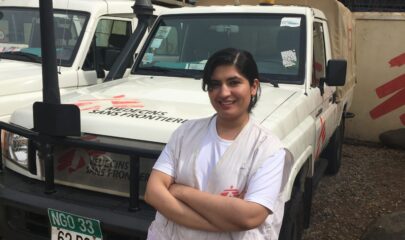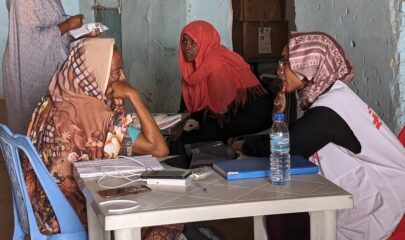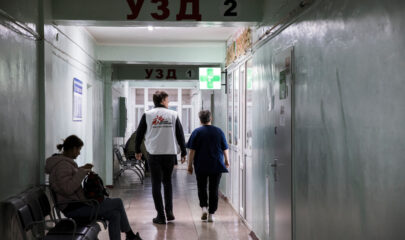Doctors Without Borders/Médecins Sans Frontières (MSF) was created in 1971 in the wake of the famine in Biafra, Nigeria, a crisis that shook the world. Some of the doctors working in Biafra with the International Committee of the Red Cross felt constrained by its policy of not speaking out and joined with journalists to create a new kind of international assistance organization.
Since then, MSF has regularly called upon the media, governments, pharmaceutical companies and the public to pay attention to the problems driving emergency needs, in the hope of initiating positive and lasting changes for the communities we work with and the people we assist.
Below is a timeline of some key moments in MSF’s history of bearing witness and speaking out.
[timeline_wp id=”2585″ ]


